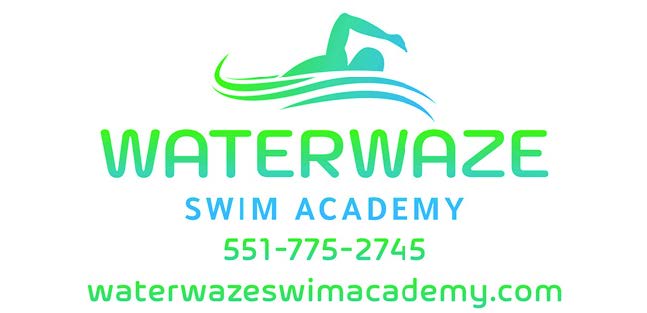
One of the benefits of living in Rockland County is the easy access to pools. Many of us have friends and neighbors who are willing to share. Maybe you're not lucky enough to meet the “right person”, but you still get invited to his swimming pool parties or go to his bungalow colony for the weekend. Almost all camps offer daily swimming, and many offer seasonal trips to water parks. Swimming is a great activity that the whole family can enjoy. It has numerous benefits, including sensory input, muscle tone, and strengthening, which improves concentration. The problem is that drowning is the 6th leading cause of death for children aged 5 to 14 worldwide. Statistically speaking, if you own a gun and have a pool in your backyard, the pool is about 100 times more likely to kill a child than the gun. More than 4,000 accidental drownings occur in the United States each year. With over 15 years in the industry, Waterwaze Swim Academy has made it our goal to train parents, therapists, and educators on what to look for when hiring a swim instructor. Over the next few weeks, this column will look at the 10 most frequently asked questions about swimming lessons.
How many lessons does my child need to learn to swim?
The million dollar question! This is also the most common question asked by potential customers. Unfortunately, there is still no one-size-fits-all answer. There are so many variables to consider. Does the child have sensory issues? How much body awareness do they have? Do they have any physical limitations or developmental delays? How much pool exposure will they have? Is your child afraid of water? Are there behavioral issues? Has the child experienced any trauma around water? Without this information, how can you answer accurately and honestly? 15 before the swimming school meets your child If a school says they can teach your child swimming in just one lesson, they are not experts you can trust to teach your child swimming. Every child is unique and has their own pace at which they learn successfully.
Swimming must be defined. At Waterwaze Swim Academy, we define swimming as being comfortable and confident in deep water. If a student can easily swim deep for a full 10 minutes without getting tired or panicking, we consider him/her a swimmer. Although it takes time to reach that level of proficiency, we believe it is the gold standard for safety.
You also want to consider the parents' goals. Some of our customers just want their children to be comfortable in shallow water where they can stand and walk. Others want their children to learn butterflying and become certified lifeguards. And some parents don't care about strokes. They just want the kids to be safe since they have a pool in the backyard. We found that parents generally tend to underestimate how long it will take to accomplish their goals. On average, Waterwaze swimmers take about eight months to reach safety in deep water. Remember that swim instructors are like contractors. Cheap things are expensive. In the long run, you always get what you pay for. Next week, we'll talk about what to do if your child refuses to go to swimming class. Should I wait a year? stay tuned…
It's okay to get wet!
It's exactly yours,
Zahaba
Zahava Shapiro is the owner of Waterwaze Swim Academy with locations in Monsee, Lakewood, and Israel. At Waterwaze, she teaches swimming to all ages from 4 months old to 99 years old, with a gentle approach that prioritizes comfort over technique. The instructors are totally trained in the Immersion, Infant Swim, and Angelfish Methods. Waterwaze's swimming instructors specialize in working with people who have been traumatized or affected by negative experiences with water. We believe everyone can learn how to swim. Contact Waterwaze at 551-775-2745.

